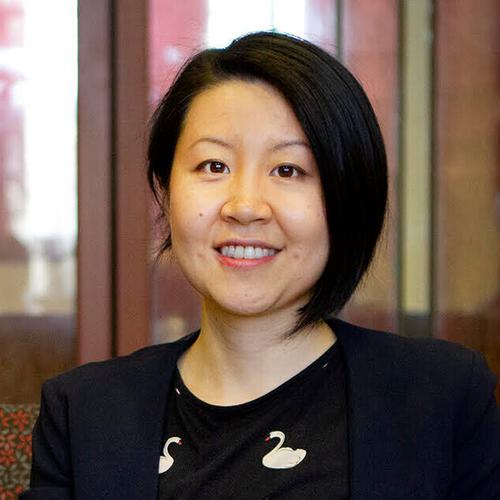
Heng Du
Andrew W. Mellon Assistant Professor of Chinese
Links
Specializing in book history of early China ( -220 CE). Other areas of interest: conceptions of time; individuality; comparative literature.
My current book project, *Paratext and the Transformation of Early Chinese Writings*, expands the concept of “paratext” to locate the intentions and agency of the nameless thinkers and compilers involved in manuscript production. In doing so, it retraces transformations in the conceptions and practices of elite writing between the 4th c. BCE and 1st c. CE, when territorial states ballooned into the early Chinese empires. In future projects, I will explore the interactions between these developments in the textual realm and other intellectual domains, such as conceptions of time and notions of individuality.
My existing publications touch upon topics such as authorship, information management, and the ideological significance of calendar-making. I’m also interested in the comparative study of book cultures across the ancient world, and am currently working on a Chinese translation of Ovid’s *Fasti* book 6. My research has been funded by an Early Career Fellowship from the Henry Luce Foundation/ACLS Program in China Studies.
My courses on premodern Chinese literature, history, and philosophy are deeply concerned with the relevance of the past to contemporary life. Some of these courses retrace the footsteps of ancient cultural products across East Asia and around the globe, such as antique bronze vessels, the early Chinese writing system, or literary works reanimated on the silver screen. Through shadowing these writings and artifacts, we catch glimpses of what it is like to be perdurable beings living through centuries and millennia, constantly adapting to changing times and taking on new guises.
In other courses we focus on a body of writings or a specific topic, pursuing questions such as: Can we construct meaningful dialogues between early Chinese philosophy and feminism? What can ancient historians tell us about the nature of truth? What can we learn about a culture through their conception of the afterlife? Through collaborative explorations within and beyond the classroom, we will not only practice research and critical thinking skills, but also acquire fresh perspectives on the world today.
Prior to Wellesley, I taught at the University of Arizona and Tufts University. As an academic citizen, I am interested in promoting the study of early China and facilitating interdisciplinary dialogues. I have contributed to the organization of the Society for the Study of Early China, and will serve on the Executive Committee of the Pre-14th Century Chinese Forum at the Modern Language Association starting from 2023.
My favorite pastimes include listening to podcasts while dabbling in painting and drawing. From living in Boulder and Tucson I acquired the love of hiking, and I’m excited about exploring the woods and lakes around Wellesley.
Education
- B.A., Cornell University
- M.A., University of Colorado at Boulder
- Ph.D., Harvard University